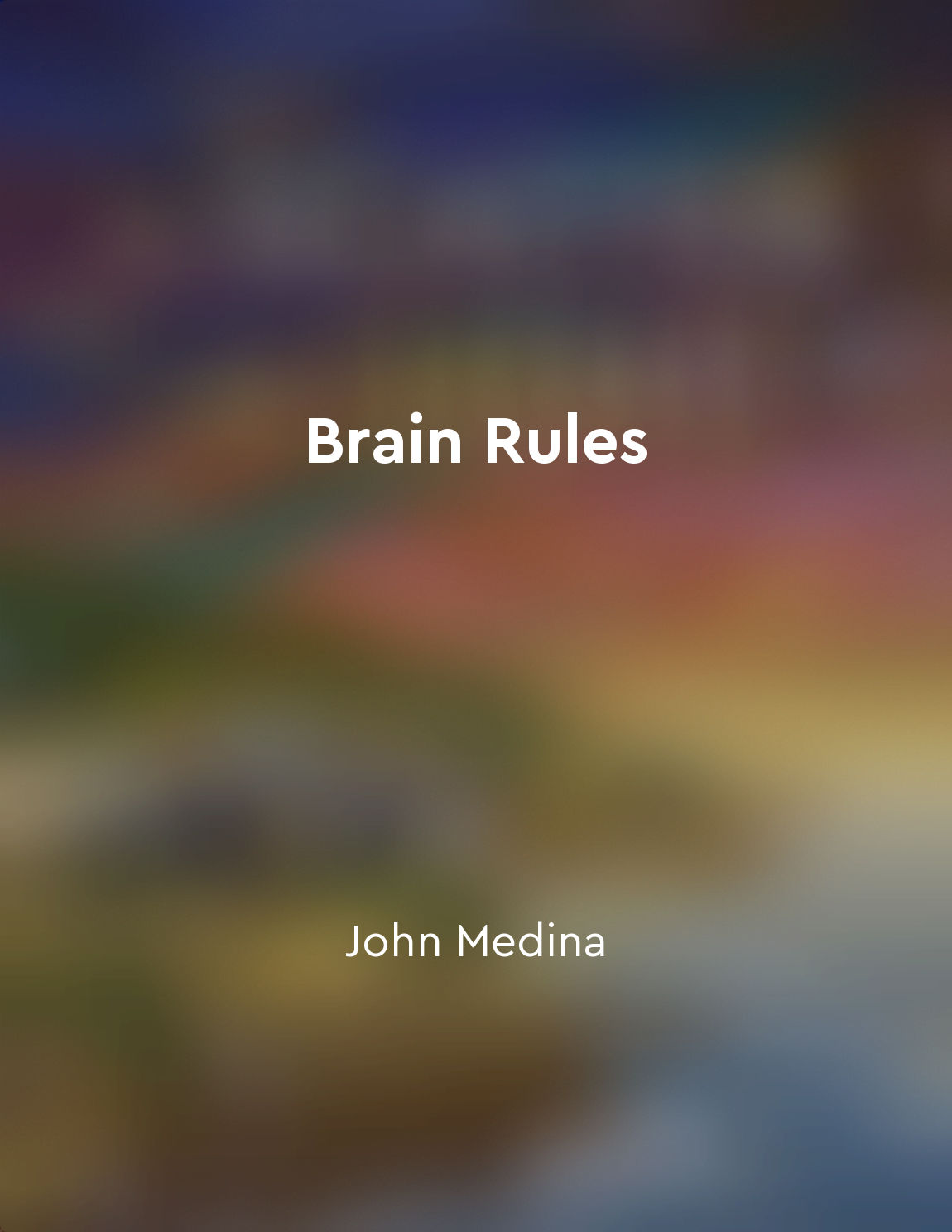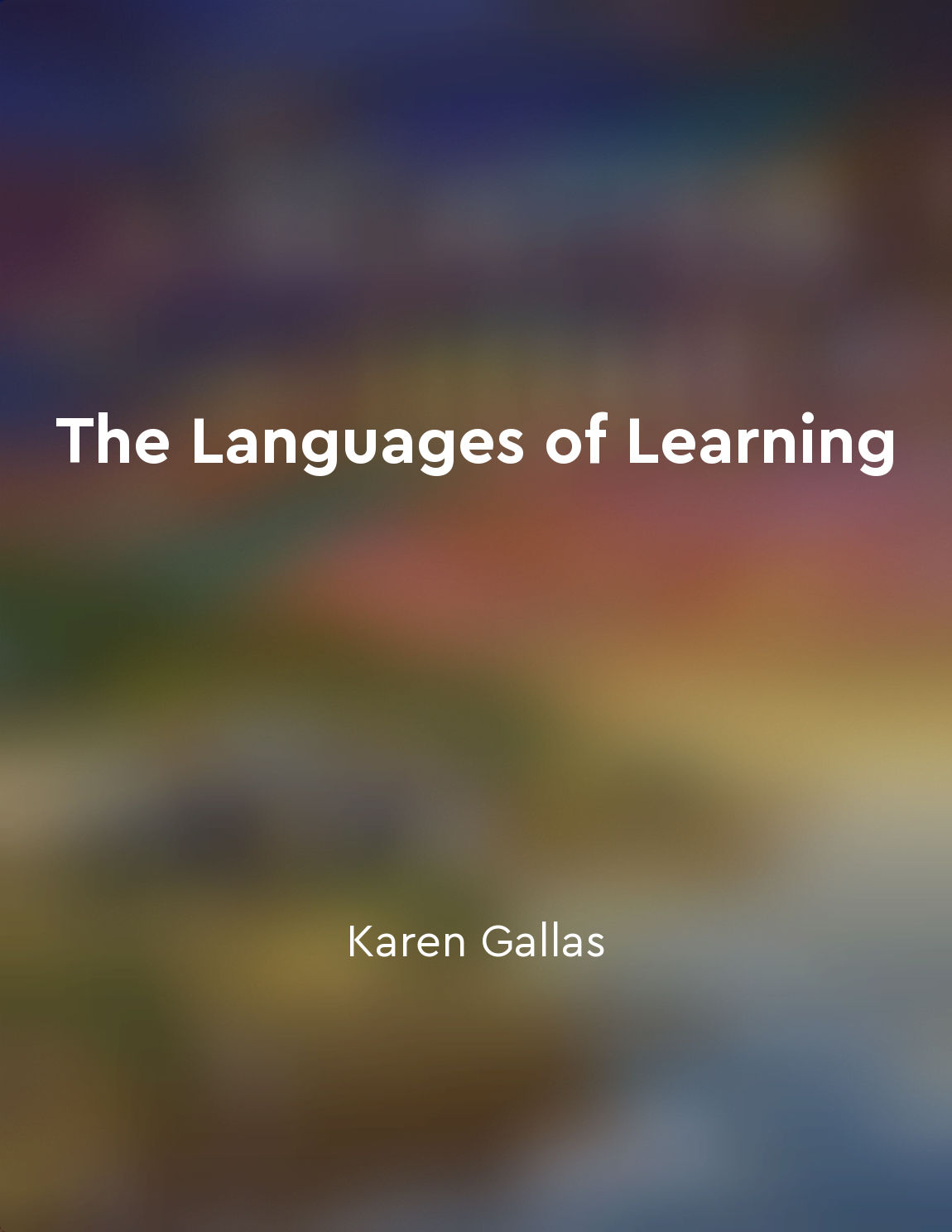Review and revise material regularly from "summary" of How to Study and Understand Anything by Dan Desmarques
When it comes to studying and truly understanding information, one of the most crucial steps is to continuously review and revise the material on a regular basis. This is not a one-time task, but rather an ongoing process that helps solidify the information in your mind and allows you to retain it for the long term. By reviewing and revising material regularly, you are essentially reinforcing the connections in your brain that are related to that particular information. This repetition helps to strengthen those neural pathways, making it easier for you to recall the information when you need it. Think of it as exercising a muscle - the more you work it out, the stronger it becomes. Furthermore, by revisiting the material multiple times, you are able to identify any gaps in your understanding or areas where you may need to delve deeper. This gives you the opportunity to fill in those gaps and ensure that you have a comprehensive grasp of the subject matter. It's a way of fine-tuning your knowledge and ensuring that you have a solid foundation to build upon. Regular review and revision also help to combat the forgetting curve, which is the tendency for information to fade from memory over time if it is not reinforced. By consistently going over the material, you are essentially resetting that curve and keeping the information fresh in your mind. In addition, regular review and revision can also help you make connections between different pieces of information and see the bigger picture. As you revisit the material, you may start to notice patterns, relationships, and themes that were not apparent to you initially. This deeper level of understanding can help you think critically about the subject matter and apply it in various contexts.- The key takeaway is that reviewing and revising material regularly is a fundamental aspect of effective studying. It is a proactive approach to learning that helps you retain information, identify gaps in your understanding, combat the forgetting curve, and make connections between different pieces of information. By incorporating this practice into your study routine, you can enhance your learning experience and achieve a deeper level of understanding.
Similar Posts

Every brain is wired differently
Neuroscientists have made an astonishing discovery about the human brain: no two are alike. Each brain is a unique universe of ...
Building resilience to overcome challenges and setbacks
In a rapidly changing world, individuals and organizations must be prepared to face challenges and setbacks. This requires buil...
Contextual clues can provide hints about a word's meaning
When encountering a new word, it is not uncommon to feel a sense of confusion or uncertainty about its meaning. However, one po...

Cultivate a Growth Mindset
In order to be a great student, it is essential to cultivate a growth mindset. This concept involves believing that intelligenc...
Build trust and credibility in your interactions
To persuade others effectively, it is essential to establish trust and credibility in your interactions. When people trust you,...
Expertise requires extensive knowledge
To be an expert in a subject, one must have a vast amount of knowledge about that subject. This is because expertise requires e...
Customize learning strategies based on personal strengths and weaknesses
When embarking on a journey of ultralearning, it is essential to recognize that one size does not fit all when it comes to lear...
Reflection on teaching practices enhances professional development
Reflecting on teaching practices plays a crucial role in the professional development of educators. This process involves teach...
Cultivate curiosity and openmindedness
To think well, one must cultivate the quality of curiosity and open-mindedness. Curiosity is the desire to learn, to know, to u...

Children's languages of learning are dynamic and everchanging
Children's languages of learning are like living organisms, constantly evolving and adapting to new environments. They are not ...

